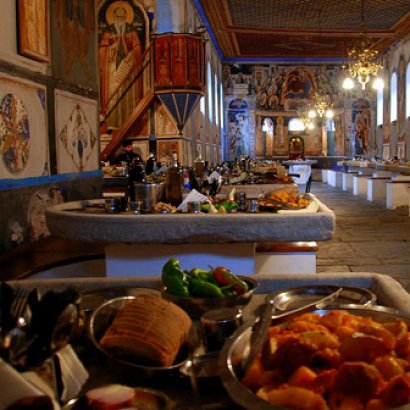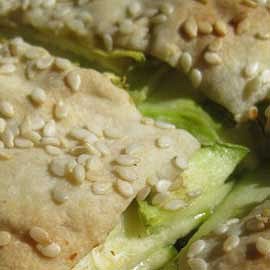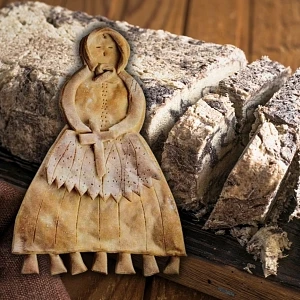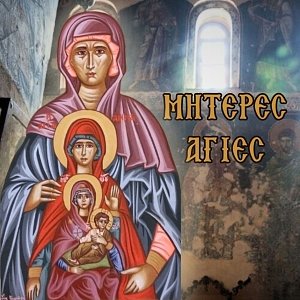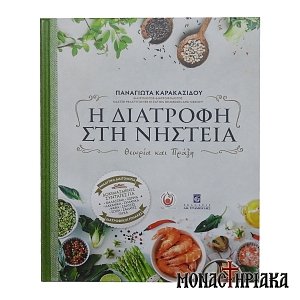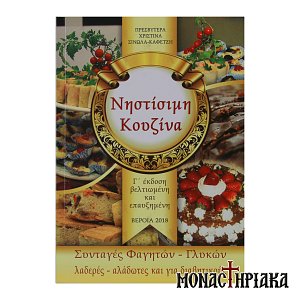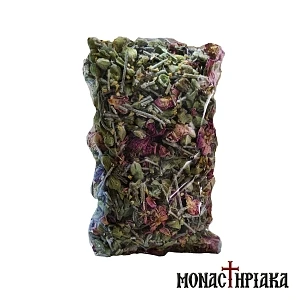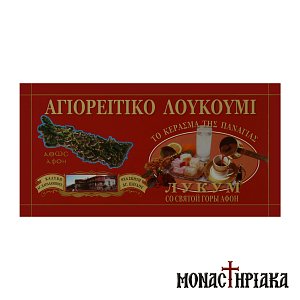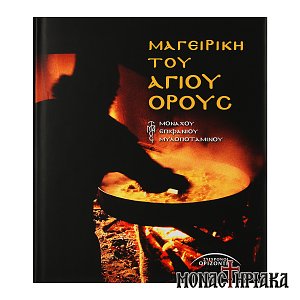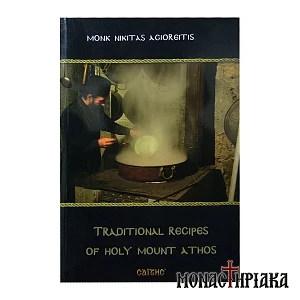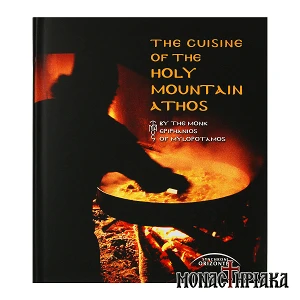Fasting is an essential aspect of practicing the Orthodox life. You cannot be Orthodox and not fast. Unfortunately, many in the Church today do not participate in this grace-bestowing and life-giving ascetic practice. They do this to the loss of their own spiritual and bodily health.
The Holy Apostle commands us saying \"Let us put on the armor of light. Let us walk becomingly as in the day; not in rioting and drunkenness, not in chambering and wantonness, not in strife and envying. But put ye on the Lord Jesus Christ, and make not provision for the flesh to fulfill the lusts thereof.\" From the time of the Apostles, Prophets and Fathers till our own day, it is evident from the life of the Church that fasting is part of our \"armor of light\"; it is a mighty weapon against the enemy given into our hands by the Saviour Himself, Who is a type and example for us in all things and Who fasted in the flesh in order to teach us to fast. To those weak and ill, it is a medicine and antidote a bath in which to be washed and cleansed. Armored with holy fasting, St. Elias the Tishbite withstood Ahab and his army singlehandedly and called down fire from the heavens. By fasting St. Moses, the seer of God and the elder of Israel, prepared to ascend the mountain in the desert and behold the Glory of God. By fasting the Three Children were shown forth to be fairer than the other children in Babylon in the house of the king, and Daniel was shown forth to be a shepherd of lions. Fasting, therefore, should always be understood as a thing most necessary in our battle with the evil one. Only a man who has lost his mind would put down his weapons, strip himself naked of his armor and then jump into the line of fire to do battle with the enemy. Such a one would be committing suicide. A man who calls himself a Christian and does not fast, is such a man. In the final analysis he who does not fast does not believe in God, for he does not really believe in the existence of the enemy and the great victory gifted to us over him by our Saviour. He who does not fast does not believe in Him Who said to the enemy, \"Man shall not live by bread alone.\" This is why Apostolic and Patristic canons proclaim that all who do not keep the fasts have fallen away from the Faith (i.e., have become excommunicated), and our Holy Father St. Seraphim of Sarov instructs us not even to speak with such persons.
Extended fasting periods
There are four main periods of extended fasting:
The Great Lent is the period of six weeks preceding Holy Week in anticipation of the Feast of Feasts, Pascha, followed by the fasting of Holy Week. Great Lent is preceded by the Meatfast, that starts on the Monday after the Sunday of the Last Judgment through Cheesefare Sunday.
The Nativity Fast (or Advent; also called St. Philip\'s Fast, coming immediately after his feast on November 14), is the period from November 15 to December 24 (forty days) in anticipation of Christmas, the Festival of the Nativity of the Savior.
The Apostles\' Fast is the period from the Monday after All Saints (a variable feast) to the feast day of Ss. Peter and Paul on June 29.
The Dormition Fast is the period of the first two weeks of August in anticipation of the feast of the Dormition of the Theotokos.
Fasting days
Eve of Theophany (January 5)
Beheading of St. John the Baptist (August 29)
Elevation of the Holy Cross (September 14)
All Wednesdays, except for Fast-Free Weeks, in remembrance of the betrayal of Christ by Judas Iscariot.
All Fridays, except for Fast-Free Weeks, in remembrance of Christ’s Crucifixion.
Regular fasting
Orthodox Christians also regularly fast on Wednesdays and Fridays to commemorate, respectively, Christ\'s betrayal by Judas Iscariot and His Crucifixion. Monasteries additionally commemorate the angels on Mondays by fasting.
Preparation for receiving the Holy Eucharist
Fasting is a part of the preparation for receiving the Body and Blood of Christ. Additionally, confession and a specific rule of prayers are necessary for proper preparation.
For morning Liturgies, one keeps an absolute fast (no food or drink, even water) on arising from sleep until receiving Communion. Some also abstain from meat and dairy after the preceding Vespers. For afternoon or evening Liturgies, one should keep an absolute fast for at least six hours.
One should always check with the primary celebrant of the Divine Liturgy to verify his expectations regarding preparation for reception of the Eucharist.
Because the celebrating priest or deacon will commune and then consume the remaining Eucharist, he observes an absolute fast before every Liturgy he celebrates.
Exceptions
The fasting discipline may be relaxed, if necessary, when one is travelling or ill. Additionally, exceptions should be made when receiving another\'s hospitality, because the focus should not be on outward shows of piety, but rather accepting the love and generosity of others. Orthodox Christians should not fast to the detriment of their health. Fasting is a means to an end and not an end in itself. If you are new to fasting, ask your priest for guidance before you begin.
Fast-free weeks
After certain feasts, Orthodox Christians do not fast, in order to show their joy for the feast.
Afterfeast of the Nativity of Christ to Theophany Eve (December 25 through January 4)
Week following the Sunday of the Publican and Pharisee (first week of the Lenten Triodion)
Bright Week (week after Pascha)
Trinity Week (week after Pentecost)
Foods
Fasting related to foods has many different degrees. During Great Lent, Wednesdays, and Fridays, daily fasting is at its most strict, abstaining from:
meat (anything with a backbone),
dairy products (eggs are in this or the previous category),
olive oil, and
wine.
Additionally, during Great Lent, the size and number of meals, as well as the selection, are smaller. On many other feast or fast days, particular foods are avoided or permitted, in lesser degrees of fasting.
Spiritual meaning
Fasting also partners with prayer, almsgiving and confession, readying the whole person like an athlete, body, mind, and soul, for an upcoming feast, similar to the way in which Orthodox Christians would hope to be properly prepared for the Second Coming. For this reason, during fasting seasons, no marriages should take place. Another important part of any fasting period is going to Confession.
